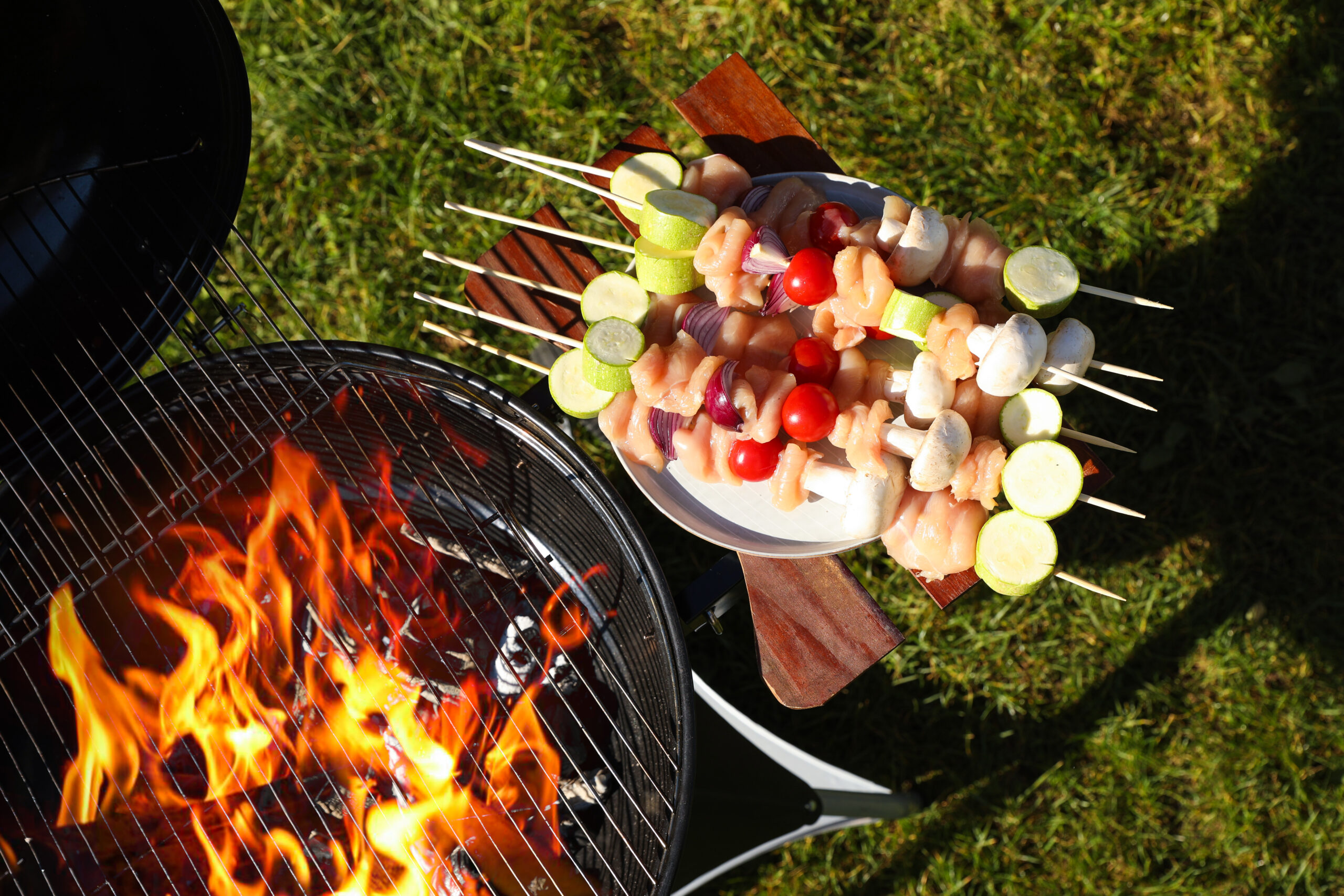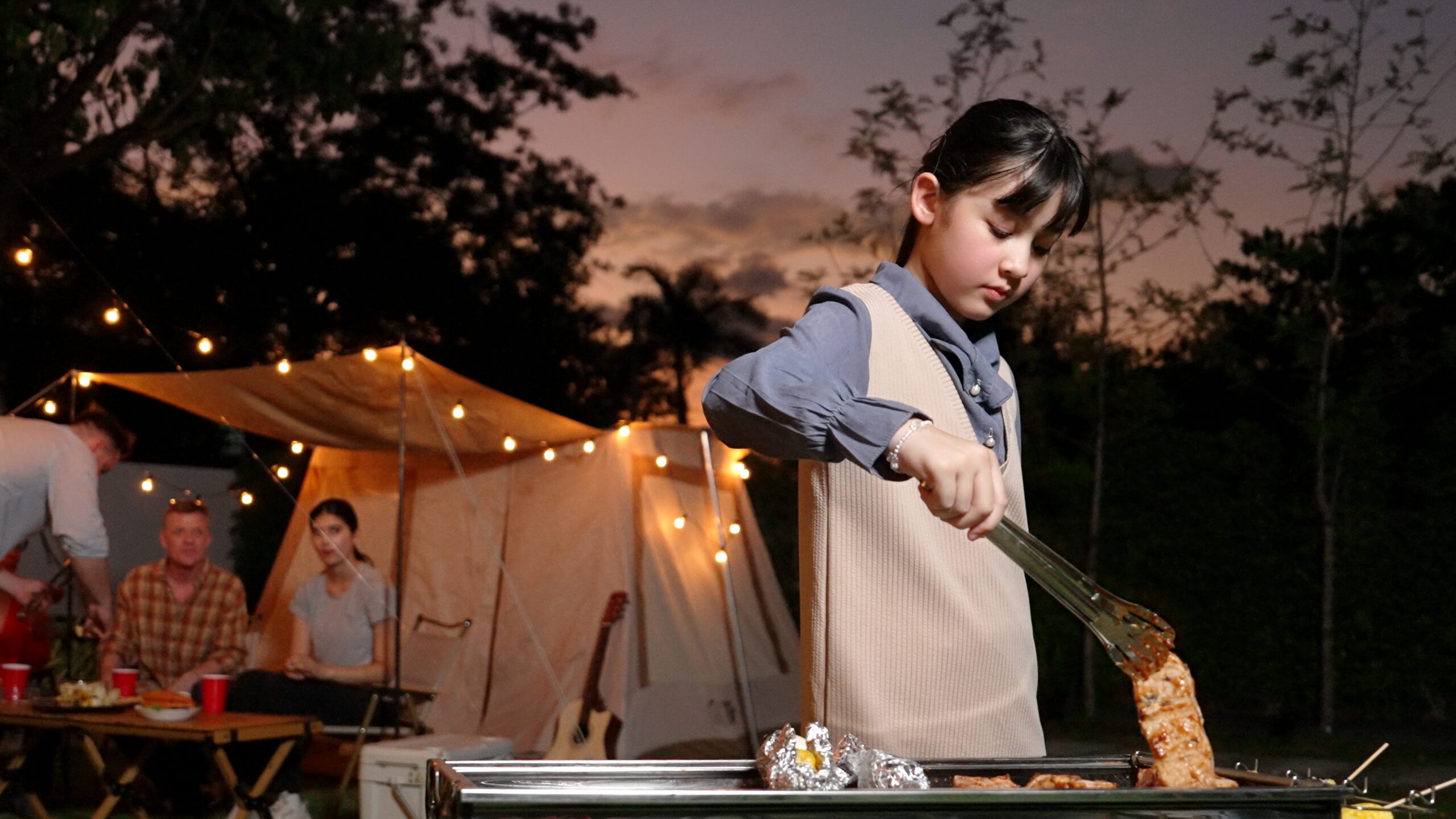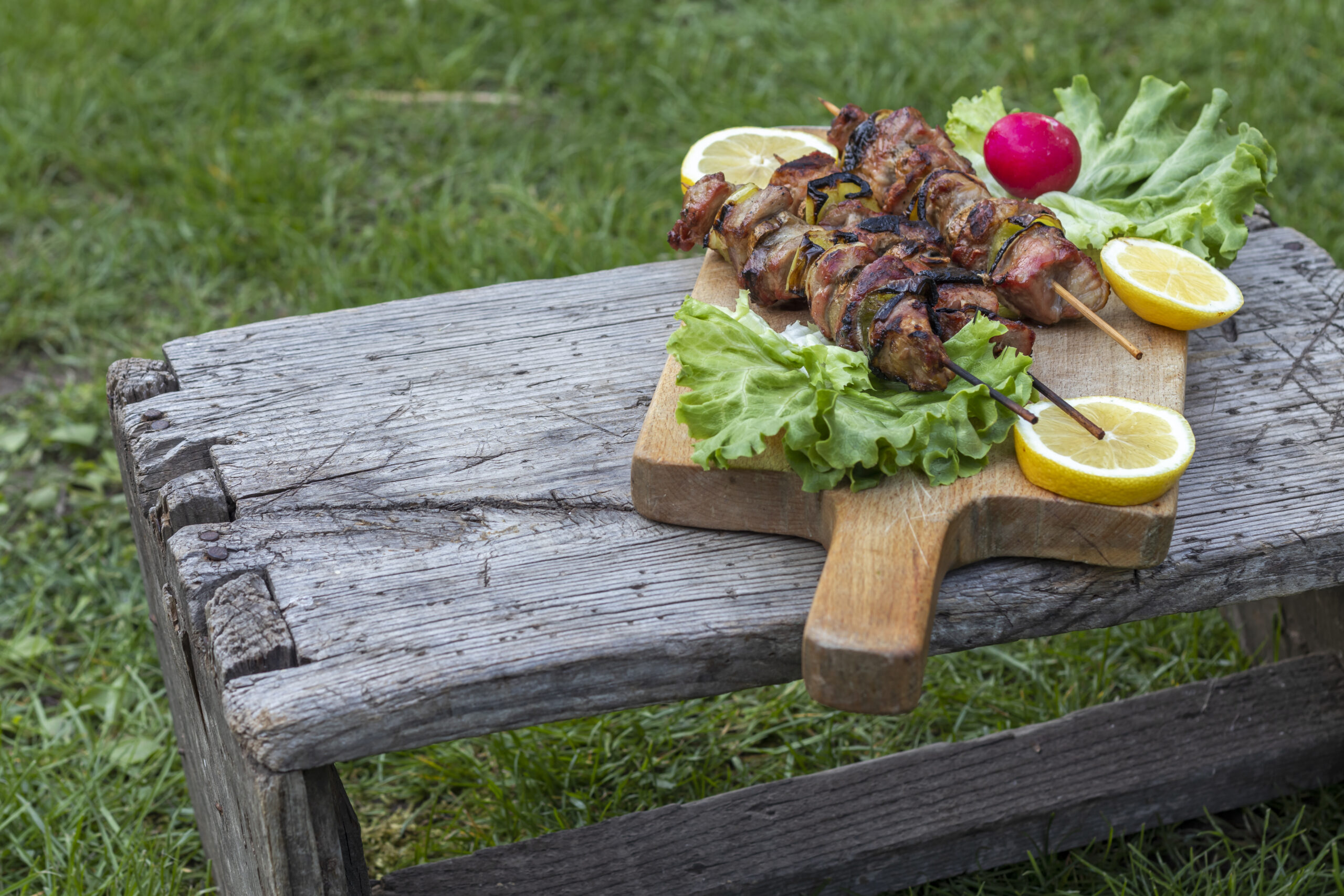Maintaining a ketogenic diet while camping might seem challenging at first, but with proper planning and the right recipes, you can enjoy delicious, satisfying meals that keep you in ketosis throughout your outdoor adventure. The key lies in selecting ingredients that are both keto-friendly and camping-appropriate while ensuring they’re easy to transport and prepare in an outdoor setting.
Creating a successful keto camping menu starts with understanding how to maintain proper macronutrient ratios while working with limited cooking equipment and storage space. Focus on foods that are high in healthy fats, moderate in protein, and very low in carbohydrates. Many traditional camping foods can be easily adapted to fit keto requirements, and some keto-friendly ingredients are actually perfect for camping due to their stability and portability.

Breakfast often presents the biggest challenge for keto campers, as traditional camping breakfasts tend to be high in carbohydrates. However, eggs become your best friend when camping on a keto diet. They’re versatile, packed with nutrients, and can be prepared in numerous ways. Consider preparing a breakfast skillet with eggs, breakfast sausage, bell peppers, and cheese. Pre-cook the sausage at home and store it with pre-chopped vegetables to streamline morning preparation.
Lunch options for keto camping should focus on easily portable foods that don’t require much preparation. Create roll-ups using lettuce leaves filled with deli meats, cheese, and avocado. Pack individual portions of nuts, seeds, and cheese for quick snacks throughout the day. Hard-boiled eggs prepared at home can serve as both snacks and protein additions to meals.
Dinner becomes an opportunity to showcase how satisfying keto camping food can be. Foil packet meals are perfect for keto diets – simply combine your choice of protein with low-carb vegetables and plenty of healthy fats. Salmon with asparagus and butter, chicken with broccoli and olive oil, or steak with mushrooms and garlic butter all make excellent options that can be prepared ahead and cooked over the campfire.
Food storage requires extra attention when camping on a keto diet, as many keto-friendly foods need refrigeration. Invest in a high-quality cooler and use block ice for longer-lasting cold storage. Pack perishable items in waterproof containers to prevent water from melting ice from spoiling your food. Consider bringing a separate, smaller cooler for frequently accessed items to maintain the temperature in the main cooler.
Meal planning becomes crucial when combining keto requirements with camping logistics. Create a detailed meal plan that accounts for each day of your trip, including snacks and beverages. Calculate your macronutrient needs and ensure each meal meets your ketogenic ratios. Pack a few extra shelf-stable keto-friendly foods for unexpected situations or longer-than-planned activities.
Never underestimate the importance of proper seasoning when preparing keto camping meals. Pack a selection of herbs and spices to add variety and flavor to your dishes. Many keto-friendly seasonings like garlic powder, dried herbs, and salt are lightweight and can transform simple ingredients into delicious meals. Consider pre-mixing spice blends at home for easier campsite cooking.
Hydration requires special attention when following a ketogenic diet, especially during outdoor activities. Pack plenty of water and consider bringing electrolyte supplements specifically formulated for keto dieters. Some campers enjoy bringing keto-friendly drink mixes to add variety to their hydration options while maintaining ketosis.
Smart preparation techniques can make keto camping much easier. Pre-cooking certain proteins, pre-chopping vegetables, and portioning ingredients at home significantly reduces campsite cooking time and complexity. Vacuum-sealing portions can help with both food preservation and organization. Label everything clearly with contents and dates to maintain food safety standards.
The right cooking equipment makes a significant difference in keto camping success. A cast-iron skillet becomes invaluable for preparing eggs, meats, and vegetables. A good knife, cutting board, and basic cooking utensils are essential. Consider bringing a meat thermometer to ensure proteins are cooked to safe temperatures.
Remember that camping is still meant to be enjoyable, even while maintaining ketosis. Plan some special keto-friendly treats like dark chocolate or homemade keto trail mix to enjoy around the campfire. With careful planning and the right recipes, your keto camping meals can be both nutritionally appropriate and delicious.






